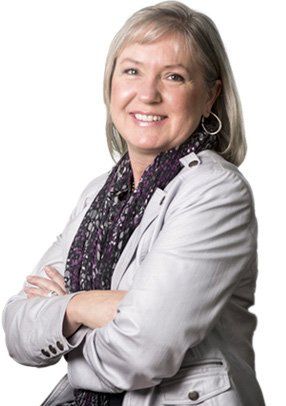Is Now a Good Time To Buy? (Covid-19)
If you’ve been thinking about buying a new home, chances are the instability of the Canadian economy and the impact Covid-19 has you second-guessing yourself. And chances are, at this point in time, you are probably right to do so.
Right now there is uncertainty in the Canadian housing market. We’re in uncharted waters and the full impact of Covid-19 has yet to be seen. Obviously, as people continue to self-isolate, we can expect sales numbers to drop.
But as real estate agents find new ways to make house-hunting accessible online through virtual tours, coupled with incredibly low interest rates, it’s certainly not as cut and dry as might be expected.
So, is right now a good time to buy a home? Well, that’s tough to answer, but what if you looked at it another way?
Instead of basing your buying decision on external market factors, consider asking yourself, is now a good time to buy a home for me?
When you stop looking at the market to determine your timing to buy a home, and instead examine your personal financial situation and your reasons for buying a home, the picture becomes clearer.
Consider asking yourself the following:
- Does buying a new home now put me in a better or worse financial position?
- Is there a chance I could lose my job or get laid off because of Covid-19?
- Have I saved enough money for a downpayment?
- Do I have a plan in place if I get sick and I’m not able to work for any length of time?
- Is there any scenario where I might have to sell quickly and potentially lose money?
- Do I really want to buy, or am I feeling the pressure that if I don’t buy now, I might never be able to?
- Am I scared that if I buy now, the market will crash the second I do?
Regardless if you decide now is a good time to buy, or to wait, consider putting a plan in place! A plan makes all the difference.
If you decide to wait, consider ways to save a little extra money for the downpayment or to squirrel away in your emergency fund. Interest rates won’t be going through the roof anytime soon (slight fluctuations are normal), so don’t feel you need to be in a hurry.
If you decide now is a good time to buy start with a mortgage pre-approval. Contact me anytime, we can go over your financial situation, complete an online mortgage application and put together a plan.
Although Covid-19 has significantly impacted the way we live our lives, life will go on. People will continue to buy and sell houses, albeit maybe not as many for a while. But we all need places to live and we can’t let fear make our decisions for us.
Having a plan in place is what allows you to have certainty in these uncertain times!
Recent Posts


CONTACT
Phone or Text:
TF Phone or Fax:
Assured Mortgage Services
Head Office:
4040 Steeles Ave West
Suite 208
Vaughan, ON L4L 4Y5
Phone:
416-934-8555
MORE
Anita Groves Assured Mortgage Services. All Rights Reserved


